Organizational Change Management
Length:
Available in two formats:
- In-person classes – 2 days / Virtual (Live online) – 4 sessions
- In-person classes – 1 day / Virtual (Live online) – 2 sessions (abbreviated topics, discussions, exercises)
Overview:
A project you’re working on is going to require that people change the way they do their work, or whom they work with, or what they care about, or how their performance is measured, or….. You get the picture! Organizations reach their goals through projects; projects require that people change. BUT – as a wise man once said “The only person who really likes change is a wet baby; and, even they usually kick and scream throughout the change process!”
This interactive workshop discusses:
- Key concepts associated with organizational change management.
- Organizational readiness and how to assess it.
- Tools and a practical, rapid methodology for transforming an organization at 3 levels: Individual, Team, and Organization.
- Critical success factors in the change process.
- How to effectively address resistance.
Objectives:
During this workshop you will learn:
- Your personal attitude toward change.
- Key concepts associated with organizational change management.
- How to develop a measure of success.
- How to establish an effective governance structure along with decision rights.
- Practical tools to assess the organization’s readiness for change including a stakeholder analysis, impact analysis, and force field analysis.
- Strategies and practical tools for transforming the organization at three levels: Individual, Team, and Organization.
- How to effectively address resistance.
- How to establish an effective change network.
- How to customize both formal and informal communications for all stakeholders.
- How organizational design can hinder or facilitate organizational change.
- The importance of aligned reward and recognition systems.
- How to meaningfully involve employees in the process.
- How to identify and leverage thought leaders.
- The difference between education and training and the role each plays in the change process.
- How to develop an internal marketing campaign.
- How to measure the success of an organizational change plan.
Pre-requisites: Some experience with projects is required.
Skill Level: Basic
Audience:
This course is intended for staff responsible for project success, including sponsors, project managers, functional managers, leadership, and team members.
PDUs/CDUs: 14 CEUs: 1.4
Format:
This facilitated workshop will include considerable class discussion as well as group and team exercises throughout the day. Students will need to be prepared for a high level of participation; a PowerPoint-based course manual, handouts, and templates are included.
Content:
Introduction
Class Logistics
What is OCM and Why is it Important?
Why Strategic Projects Fail
Organizational Change Thinkers
Key Concepts
Top 9 Mistakes in Managing Change
15 Guiding Principles
Key Concepts for the Three facets of Change:
Individual
Team
Organization
Organizational Change Model
Measure of Success/Governance (start using a case study to apply principles)
Measure of Success
Designing an Effective Governance Structure
Critical Success Factors
Fatal Flaws
Organizational Readiness
Impact Analysis
Stakeholder Analysis/Sabotage
Site/Function Survey
Force Field Analysis
Change Network
Root Causes of Resistance
Overcoming Resistance
Change Network Overview
Dedicated Change Teams
OCM Plan Deliverables
High Level Summary
Detailed Plans
Formal Communications Plan
Informal Communications Plan
Internal Marketing Campaign
Organizational Design/Structure
New Position Descriptions
Education/Training Plans
Metrics/KPIs
Reward/Recognition Plans
New Policies/Processes/Procedures
Site/Function-specific Plans
Note: We are constantly improving our course offerings to ensure the best training possible and to keep you abreast of the latest industry trends. As a result, this outline is subject to change.
